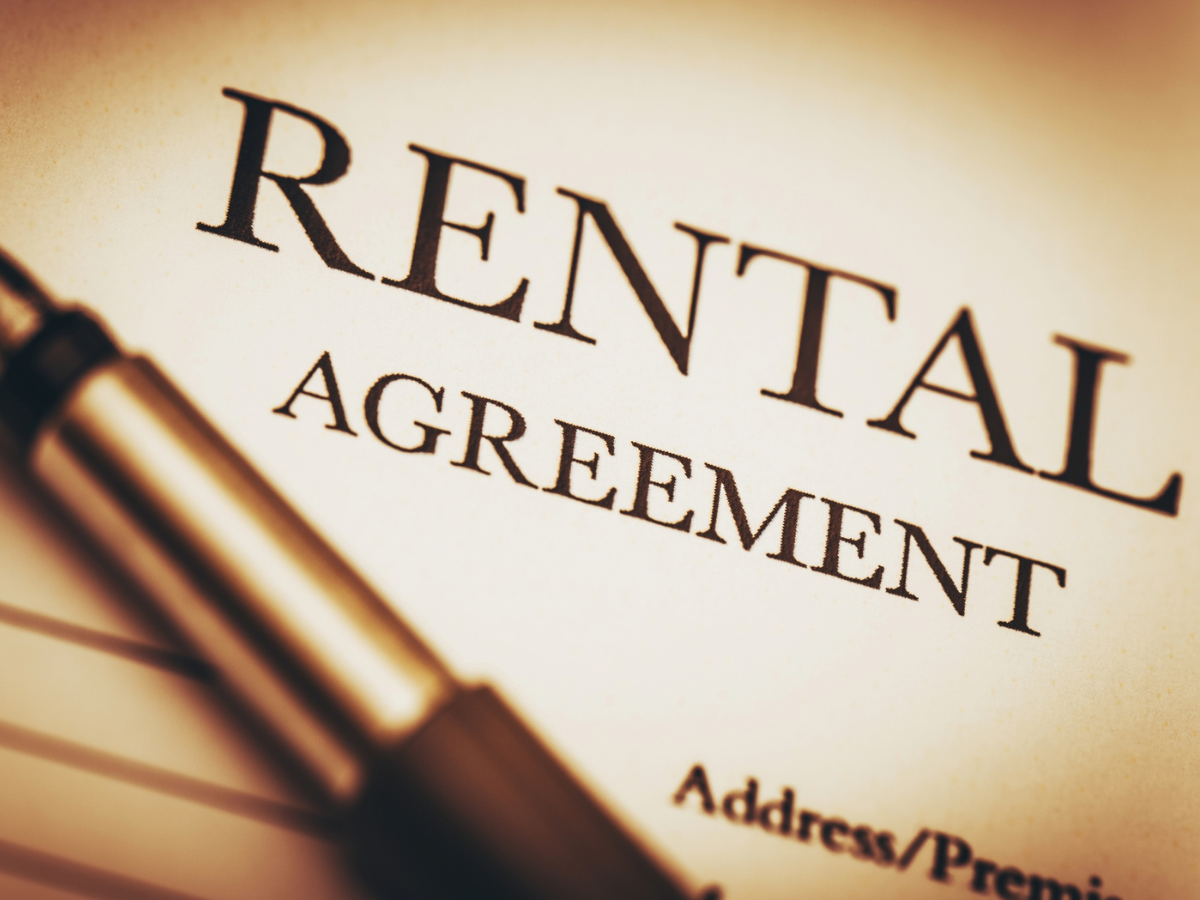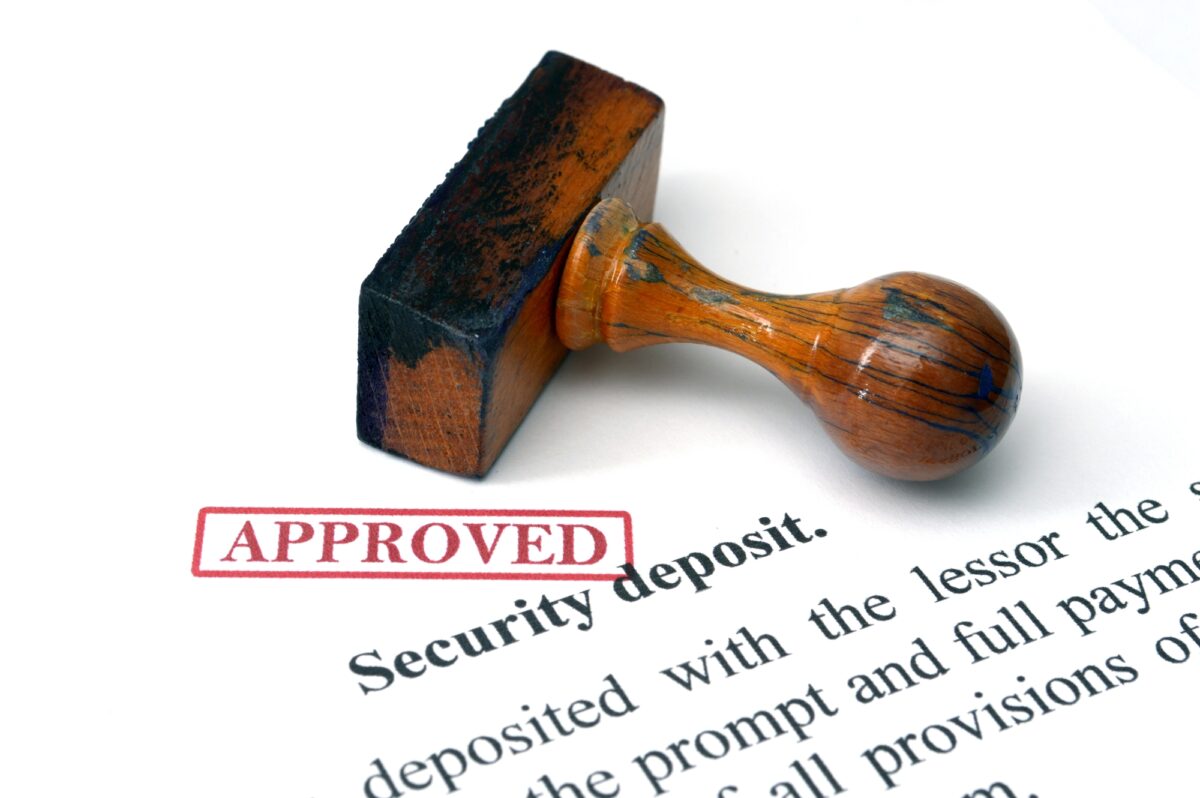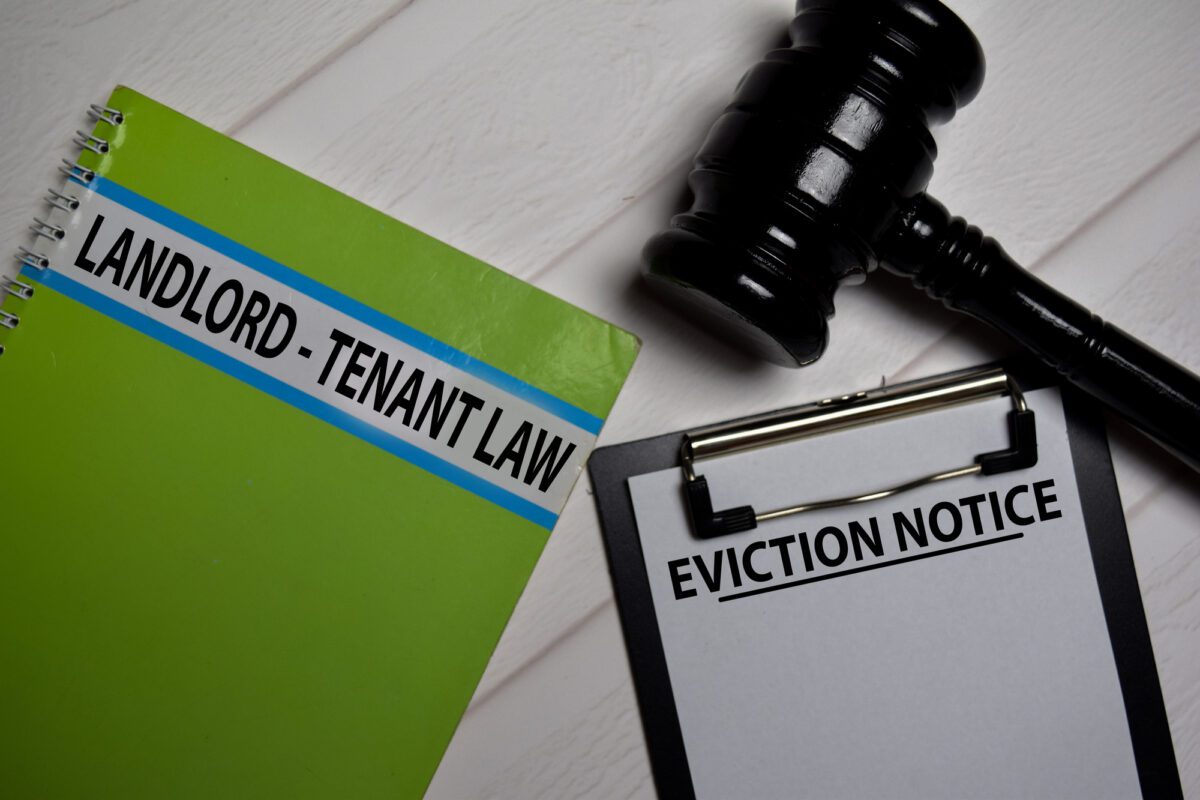Share the post "Texas Tenancy 101: Essential Requirements for Landlords"
If you’re one of the many people relocating to Texas, finding a suitable place to stay will likely top your to-do list. And if you don’t already know, the housing market statewide is extremely hot right now. Regardless of where you move to, it’s essential to be up to date on the legalities and processes of renting a property.
Landlord and tenant laws differ from state to state, and Texas has its own unique set of regulations. The last thing you want when you move to a new city is to have housing issues. So, in this article, we provide you with the info you need ahead of your move, including what landlords need to provide in Texas.

What Landlords Need To Provide In Texas
Firstly, something you need to know about renting in Texas is that a lease agreement isn’t mandatory if you plan to live there for under 12 months. So, if you agree on a short-term rental through a website, app, or private landlord, beware of this.
Generally, it’s best to request a lease regardless of the rental term to avoid any potential issues. This means you have total transparency over your agreement. If anything goes wrong or you’re unsure of your rights, you can consult the lease and take the next steps.
According to the law in Texas, landlords must provide certain information and services to tenants. Furthermore, landlords must disclose specific information about the property in the rental agreement. So, before signing your name on the dotted line, take note of the following.
Nonrefundable Charges And Fees
One downside of renting in Texas is that by law, landlords are permitted to charge nonrefundable fees in certain instances. For example, many property owners charge application fees or background check costs to potential tenants before renting.
However, the good news is that any nonrefundable fees that a landlord wishes to charge must be disclosed in the rental agreement. So, if you’re hit with an unexpected bill from a landlord, be sure to check your agreement before paying. Naturally, you should be aware of these types of charges before agreeing a deal.
Under Texas law, potential tenants are permitted to view the landlord’s selection criteria for renters. If you feel that you won’t be selected or note that you’ll be subject to unwanted fees, you can step away from the process early and avoid unnecessary complications.
Security Deposit Details
Security deposits can be tricky for both tenants and landlords. For property owners, deposits are essential to protect their assets in case something is damaged or stolen. For tenants, deposits can be quite a lot of upfront cash, which may be hard to come by when moving.
Nonetheless, security deposits are a standard part of renting. The only real area of debate is the amount you have to pay. In Texas, it’s normal to pay the equivalent of two months’ rent as your security deposit. Some landlords require three months, while others might only need one.

Regardless, it’s worth noting that there is no upward limit in Texas for what landlords can charge as a security deposit. While it’s uncommon to see a security deposit for more than the equivalent of three months of rent, it can happen occasionally, so keep an eye out.
The landlord should also let you know where the deposit is being stored. Regardless of how much the security deposit is, once your lease agreement is up, you’re entitled to receive your refund within 30 days. If this doesn’t happen, you may be within your rights to sue the landlord.
If there are deductions to your deposit after your tenancy, the landlord must give you a detailed list of all the expenses. If they don’t provide this information, the landlord has no right to withhold your deposit. Bad faith deductions are taken seriously in Texas, giving the tenant plenty of rights.
Property Owner And Manager Details
It’s normal for properties to be managed by brokers or agencies, so don’t sweat if you never deal with the actual owner of a house. However, this doesn’t mean that there is no accountability as to who your main point of contact should be regarding the property.
Texas law mandates that a specific landlord or management company be included in the rental agreement. The document must enclose the name and address of the owner or official landlord, or if a management company is given responsibility, the name and address of the company must be disclosed.
Maintenance And Repairs
In Texas, as in most places, maintenance and repairs are among the most critical responsibilities of the landlord. Properties experience wear and tear over time, mainly when frequently occupied. Landlords must ensure that their residence is habitable and secure.
Tenants should not have money deducted from their security deposit due to regular wear and tear. So, when you’re in your new rental property, check that the plumbing, electrical system, and lighting are in good condition. If there are any issues, report them to the landlord right away.
Two other essential upkeep areas are windows and doors. Since these are the main security points within a house, they must be safe and in good condition. Landlords may breach your rental agreement if they fail to maintain or repair essential components.

Obligatory Disclosures About The Property
In Texas, there are certain mandatory disclosures about a property in the interest of the tenant’s health and safety. By law, the landlord must provide the following information in written form as part of the lease agreement:
- That there is lead paint present on the property. This is particularly important if the house was built before 1978, the year lead paint was banned in the United States.
- Names and addresses of all people involved in the property management (as mentioned earlier).
Special Dispensations
Each state has its own set of special dispensations allowing the renter to break a lease prematurely without penalties. In some cases, the renter may even be entitled to leave the property without notifying the landlord. However, there are legal procedures in place for specific cases.
One of the most important dispensations in Texas is the right for domestic abuse victims to break their lease. The tenant must first get a temporary injunction and protective order from the authorities. Once this is in place, a landlord has no right to stop the tenant from vacating the property.
Cash Payment Receipts
These days, most tenants handle their rental payments via bank transfer or direct debit. However, cash payments remain perfectly acceptable in most cases. Unless specific payment requirements are detailed in the lease agreement, tenants should be allowed to pay in various ways.
If the tenant and landlord agree on a cash payment structure, the landlord must provide the renter with a written receipt of payment. Furthermore, the landlord must log these payments in a record book for future reference.
Eviction Notice
Texas enforces strict eviction laws to protect both the landlord and tenant. So, while evictions are totally legal, they must follow proceedings closely. If you face eviction, you may not be thrown out immediately (unless stated otherwise in your lease agreement).
In most cases, the landlord must give the renter at least three days to vacate the property. They’re not legally permitted to file an official eviction suit unless they provide a written notice. After this step, the landlord must file a suit, await judgment, face a potential appeal, and then accept the final judgment.
So, if you’re facing an eviction that you feel is unwarranted, be sure to know your rights. Without the initial written notice, any possible eviction is illegal. Unless, of course, you agree to a different process in your rental agreement. Again, this shows how important it is to thoroughly examine your lease.

What a Landlord Cannot Do In Texas
In terms of what a landlord cannot do in Texas, many factors have already been addressed in the above section. However, it’s important to reiterate certain factors so tenants and landlords are totally clear on what is not allowed in Texas. Here’s what a landlord cannot do:
- Ignore maintenance requests: landlords must address maintenance requests from tenants within seven days. If repairs are related to dysfunctional water, heat, or sewage systems, the property may be deemed uninhabitable.
- Discriminate: landlords may not prohibit a tenant from renting their property because of their race, religion, color, disability, or gender.
- Disregard uninhabitable properties: damages beyond wear and tear that may impact a tenant’s health and safety may deem a property uninhabitable. Landlords must address any such problems as soon as they arise.
- Allow a noisy and disruptive environment: in Texas, tenants are entitled to quiet enjoyment. Any breaches of quiet should be reported to the landlord who must then deal with the issue.
- Raise rent mid-lease: landlords are entitled to raise the rent of a property. However, this must be done at least 30 days before the end of a lease. Landlords are not limited to how much they can increase the rent but they may not do so during a tenant’s lease.
What Are The Renters’ Rights In Texas?
While specifics can be agreed upon between a landlord and a tenant within a lease, renters are entitled to a certain amount of basic rights in Texas. However, again, we must stress that you ensure these items are addressed in your rental document to avoid unnecessary issues:
- Healthy and safety
- Maintenance and repairs
- Security devices (including locks)
- Smoke detectors
- Security deposits
- Quiet enjoyment
Landlord Rights In Texas
Whether you’re the landlord or tenant, you should be aware of the basic rights of a landlord in Texas. Many of these have been touched on already. However, to summarize, here are the most important rights to be cognisant of:
- Landlords may determine their own security deposits
- Landlords may terminate the lease early (in certain circumstances)
- Landlords may conduct a legal eviction
- Landlords may raise the rent between leases
- Landlords may withhold some or all of the security deposit if they provide proof of damage or unpaid rent
- Landlords may determine a suitable tenant as long as the decision is not based on discrimination
Where Can I File A Complaint Against My Landlord In Texas?
If you have an issue with your landlord and want to make an official complaint, you need to contact the Texas Workforce Commission (TWC). TWC is responsible for the Fair Housing Act in the State of Texas. Complaints can be filed within one year of a violation.
When filing a complaint with the TWC, you’ll need to provide certain information so make sure to document the following ahead of your submission:
- Your name and address
- The landlord’s name and address
- The address of the property subject to your complaint
- A short outline of the violation
- The date of the violation
You can submit this information in several ways, including via email, physical delivery, digital form, mail, or fax.
References
- Security deposit information: guides.sll.texas.gov
- Lead paint made illegal: cdc.gov
- Cash receipts: codes.findlaw.com
- Eviction laws: guides.sll.texas.gov
- Renters rights: depts.ttu.edu
- Filing a housing complaint: tdhca.state.tx.us
Share the post "Texas Tenancy 101: Essential Requirements for Landlords"
Christian Linden is a seasoned writer and contributor at Texas View, specializing in topics that resonate with the Texan community. With over a decade of experience in journalism, Christian brings a wealth of knowledge in local politics, culture, and lifestyle. He holds a Bachelor's degree in Communications from the University of Texas. When he's not writing, Christian enjoys spending weekends traveling across Texas with his family, exploring everything from bustling cities to serene landscapes.











